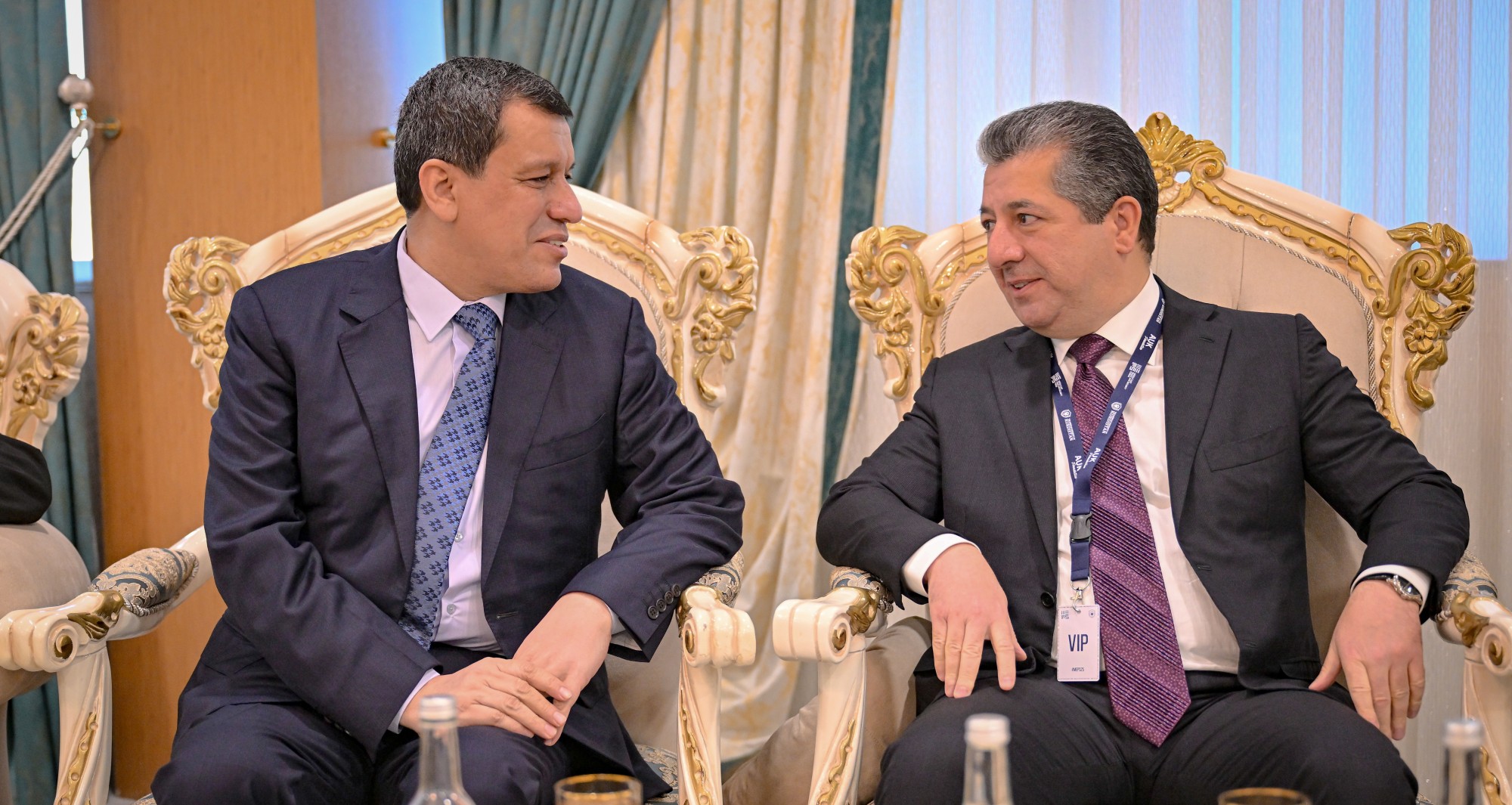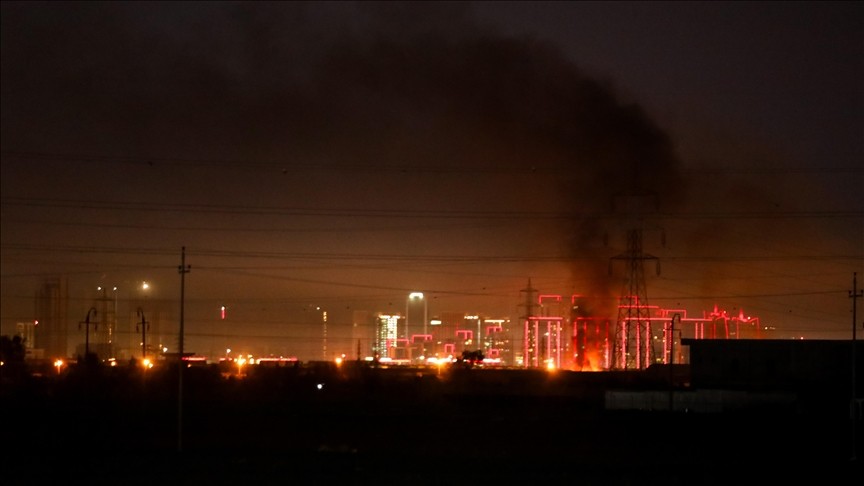Kurdistan Regional Government (KRG) Prime Minister Masrour Barzani on March 3 bid farewell to UN Special Advisor Christian Ritscher, the Head of the United Nations Investigative Team to Promote Accountability for Crimes Committed by ISIS (UNITAD), whose term has ended.
PM @masrourbarzani met with Christian Ritscher, Head of @UNITAD_Iraq.
— Kurdistan Regional Government (@Kurdistan) March 18, 2024
They discussed protecting the rights of victims of ISIS, securing reparations, and continued international support for the prosecution of ISIS members.https://t.co/SGPqdy1zn1
During the meeting, UN Special Advisor Ritscher and Prime Minister Barzani discussed protecting the rights of victims of ISIS and securing reparations for them, as well as continued international support for the prosecution of ISIS members.
Moreover, both agreed that ISIS militants must be held accountable for their crimes, including genocide, war crimes, and crimes against humanity.
In August 2014, thousands of Yezidi women and children were enslaved by ISIS fighters, and hundreds are still missing. Moreover, ISIS killed thousands of Yezidis, an atrocity widely recognized as genocide.
I had the privilege of participating in a meeting with KRG Prime Minister Masrour Barzani and Christian Ritcher, marking the end of his mission. H.E stressed the imperative of prosecuting ISIS perpetrators for their atrocities and continued cooperation for justice. pic.twitter.com/CFgwdK4lbN
— Dr. Dindar Zebari (@KRG_Coordinator) March 18, 2024
UN Special Advisor Ritscher thanked the KRG for its cooperation with UNITAD in collecting, archiving, and digitizing evidence of ISIS crimes and in supporting efforts to prosecute them for their atrocities.
Prime Minister Barzani reaffirmed that the KRG remains committed to collaborating with the international community to pursue justice for the victims of ISIS crimes.
In a farewell meeting, I received Special Advisor Christian Richer, Head of the #UN investigation Team @UNITAD_Iraq. Discussed the team’s vital work in collecting, archiving and digitizing evidence related to the crimes perpetrated by #ISIS terrorists. #KRG is committed to… pic.twitter.com/xrye5ZPjwM
— Rêber Ahmed (@RayberAhmed) March 18, 2024
KRG Minister of Interior Reber Ahmed said that during the meeting he discussed UNITAD’s vital work in collecting, archiving, and digitizing evidence related to the crimes perpetrated by ISIS terrorists.
“The KRG is committed to working with local and international partners to protect the rights of victims and hold perpetrators accountable,” he added.
UNITAD was first established in 2017 under UN Security Council Resolution 2379 to investigate ISIS crimes in Syria and Iraq. UN Special Advisor Ritscher succeeded the first UNITAD head, Karim Asad Ahmad Khan, who resigned in 2021.
However, Iraq has decided to end the UNITAD mission by September 2024 because it has not provided evidence to Iraqi courts.
“During this final year, all evidence must be provided,” Abbas Kadhom Obaid Al Fatlawi, Charge d'Affaires of the Permanent Mission of Iraq to the UN, stressed during a meeting of the UN Security Council on December 3, 2023.
“The Team’s mandate cannot be reduced to the evidence without using the evidence in national courts’ context,” he stated.
“We reiterate that until this moment, the Iraqi Government has not received any evidence from UNITAD that could be used in criminal proceedings,” he said. “We only received reports and summaries that have no legal value before national courts.”
Delayed proceedings have allowed members of ISIS to escape from Iraq and seek safe havens, he noted.
UN Special Advisor Ritscher confirmed that it is up to Iraq to exercise its sovereign right to decide on the future of this mission. “However, let me stress that a premature and abrupt ending of UNITAD can only mean a loss for all those concerned,” he added.
Unlike the federal government in Baghdad, the KRG has always shown its willingness to work with UNITAD. The KRG previously had plans to set up a special criminal court on the crimes committed by ISIS, but the Federal Supreme Court of Iraq rejected the creation of this court in June 2021.

